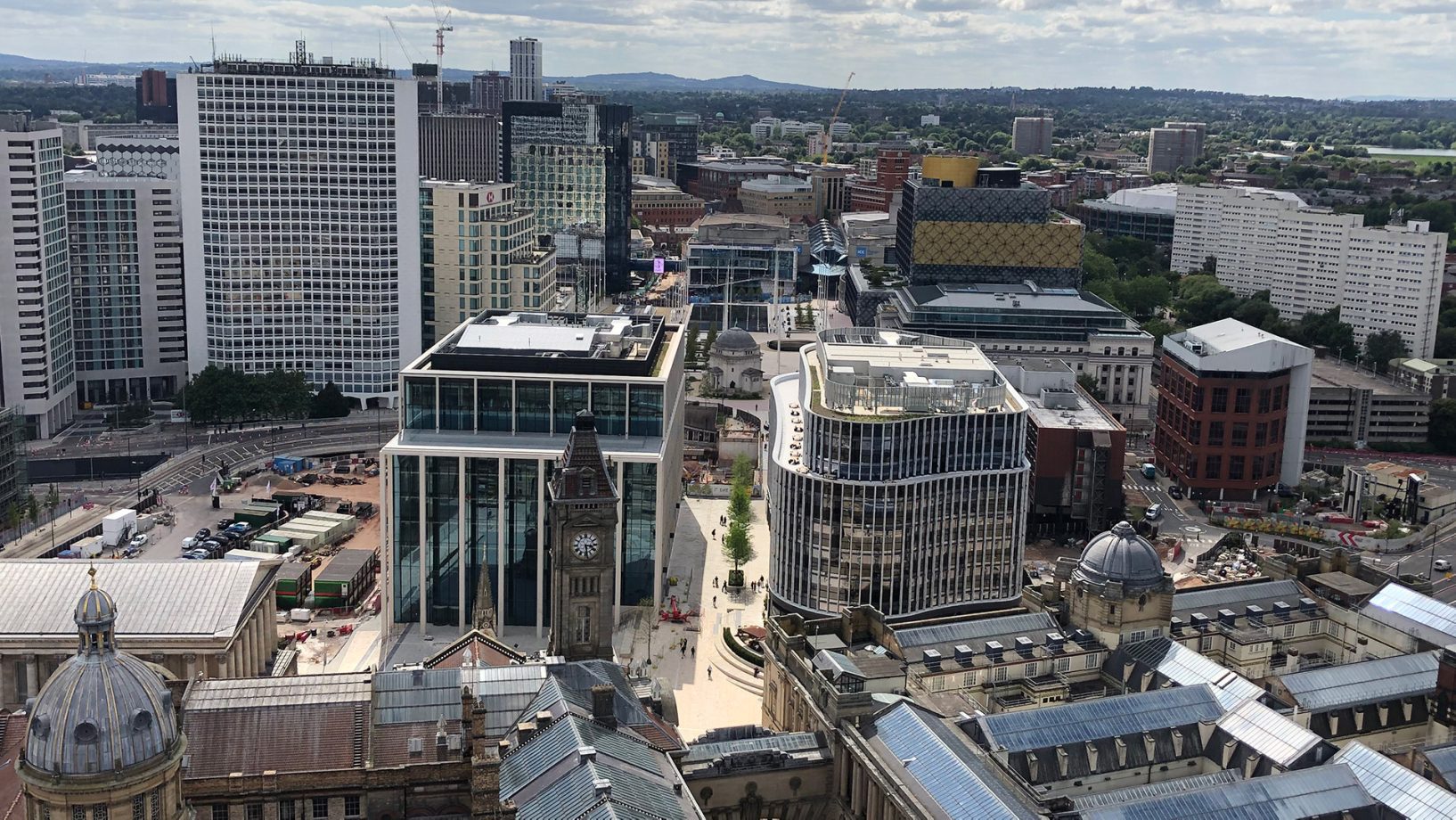The workplace of tomorrow

By Rob Groves, regional director, Argent
There’s a lot of discussion at the moment around the future of the office and the future of work.
Covid 19 has been responsible for a whole raft of changes for all of us. And the actual physical workplace – where we spend our working day – has changed too, and will need to keep on changing.
But will the office die, as some commentators have predicted? I don’t think so.
For the business, professional and financial services sector in particular, working remotely, or from home, has been the norm for more than 90% of office workers over the past five months. Some 30% of the entire UK workforce has been working from home – some 10 million people. And while people are now returning to offices, it is happening much more slowly in the UK than in other countries.
The changes we have all witnessed this year have affected not just the workplace itself, but everything about the built environment – transport, retail, leisure, energy and the home. People have got used to several things by working effectively from home.
First and foremost, the flexibility of it and the ability to prioritise different parts of our lives during the different parts of the day has been a huge help to families, especially those with younger children. Secondly, the ability to work outside of normal hours is suddenly much easier, allowing flexible working itself to be better integrated. With better access to files, reliable broadband and video calling, homeworking has been proven, for once and for all, to work from a technological point of view.
But technology isn’t the only thing about offices that makes them an efficient place in which to complete tasks and build success. Offices allow the sharing of knowledge, learning, the mixing of ideas and interaction with your peers. It’s a social experience as well as an economic one.
Without that key aspect – the interaction with other people – the workplace itself and the productivity of its outcomes is greatly diminished. So, what offices bring to the table is more than just a place to carry out work. It’s a place to locate, it is what Matt Hammond, head of PwC in the Midlands, calls the ‘work home’ – a location that is as much about culture, learning and place as it is about economic output.
All office occupiers at Paradise are now looking for the best ways to ensure their businesses make the most of their ‘work home’. There are practical measures that undoubtedly have to be put in place – sufficient social distancing and meeting new guidelines on health, safety and wellbeing, for example.
We know that our occupiers are working with us to best prepare their buildings for the return of their staff, to help them decrease densities on their floorplates.
The end of the office has been predicted before and it has never come true. If anything, the reverse has happened with more demand for office space. Even this year the demand for high quality space in Birmingham continues.
Leases in existing buildings will end and firms will grow.
Just before lockdown occurred in March, BT announced the largest office deal in Birmingham for a decade, bringing 4,000 workers into the city. Inward investment will continue, from both within the UK and outside of it. The success of the Birmingham office market will continue. There will also be pent-up demand from companies who briefly paused investment decisions.
So the office is far from dead and we predict plenty of deals will take place later this year and as we move into next.